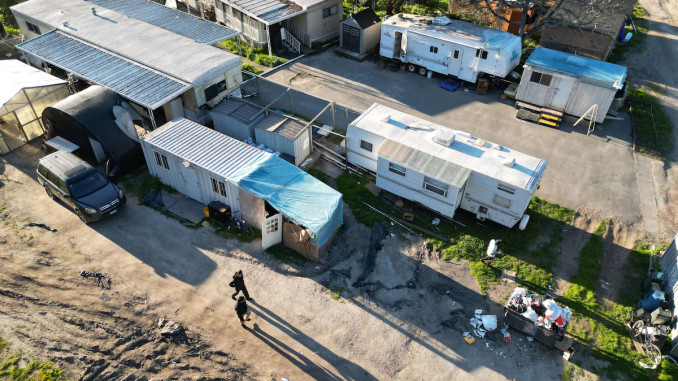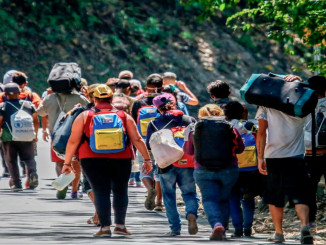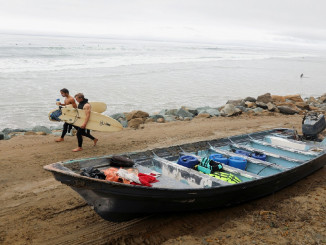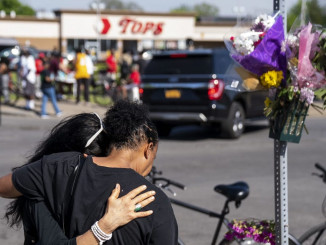
Yet again, an outburst of senseless and seemingly random violence rocks a community. This time it was in Half Moon Bay, California, where seven people had their lives taken from them, and another was seriously injured in a mass shooting. It was the deadliest shooting that took place in the history of San Mateo County. As often is the case, the grief and sadness that people experience is accompanied with questions of “how could this happen” and “what led to this point?”
Of course, we can never fully answer these questions with simple explanations. However, the more that we learn about the killer, 67-year-old Chunli Zhao, and the conditions of his life, the clearer our understanding. The mass shooting is said to have been sparked over a dispute of having to pay for a $100 forklift repair, damaged in a recent accident. While the forklift repair may have been the final straw, it certainly wasn’t the only reason.
Zhao immigrated to the United States several decades ago from China. He became a farmworker at mushroom farms in the south San Francisco Bay Area. The San Mateo district attorney described the conditions Zhao and other farmworkers lived in as “squalor.” Many live in desperate poverty, making as little as $9 per hour for extremely hard physical labor, forcing them to live off of donations from local nonprofit organizations just to survive. No access to health insurance adds another level of insecurity. The agricultural industry drastically declined over the years. It is estimated that around 20 years ago, there were roughly 2,000 to 3,000 farmworkers employed in the area. Now, its between 700 and 1,000 farmworkers.
Many live in packed storage containers or RVs. There are accounts of 16 adults living in a 1,000-square-foot apartment, having to line up to share one bathroom every morning. Often there is no running water, electricity or insulation for when it gets cold. Sometimes “the kitchen” is just a camping stove. A survey in 2017 found that about 70% of workers in San Mateo County live on the property they farm, many in these sorts of improvised and overcrowded conditions.
Because many of the farmworkers are immigrants from Central America and Asia, issues of people’s legal status mean that the fear of deportation constantly looms over them. This threat can also be used to terrorize people from speaking out against their working and living conditions. Basic labor laws that many of us take for granted are violated.
The irony is that many people’s perception of Half Moon Bay is a beautiful and peaceful landscape where mainly affluent tech workers and venture capitalists go to relax. In a way, what could be a more appropriate setting for this tragedy to unfold? As is often the case, the first image that we see doesn’t tell the whole story.
To look at Zhao’s life and others like him is to look in the underbelly of society. The lives of people, often low-wage immigrants, are regarded as disposable. They are treated as invisible when we go to the grocery store to purchase mushrooms or any other produce. We don’t see the desperate conditions that people endure. In fact, this could be said about anything else in this capitalist economy, whether it is the clothes that we wear, or the delivery services that we use.
When we take all of this into account, how could people who are forced to live unstable lives on the edge, and carry unimaginable amounts of pressure, not begin to develop unstable mental conditions? Of course, not everyone acts out in random outbursts of violence. In fact, most don’t. But so what? All that is needed is one person to inflict serious damage on others around them.
In more ways than one, this society is a pressure cooker. Bursts of rage and violence are an inevitable and predictable outcome until we rid society of the violence of poverty, marginalization and degradation.




